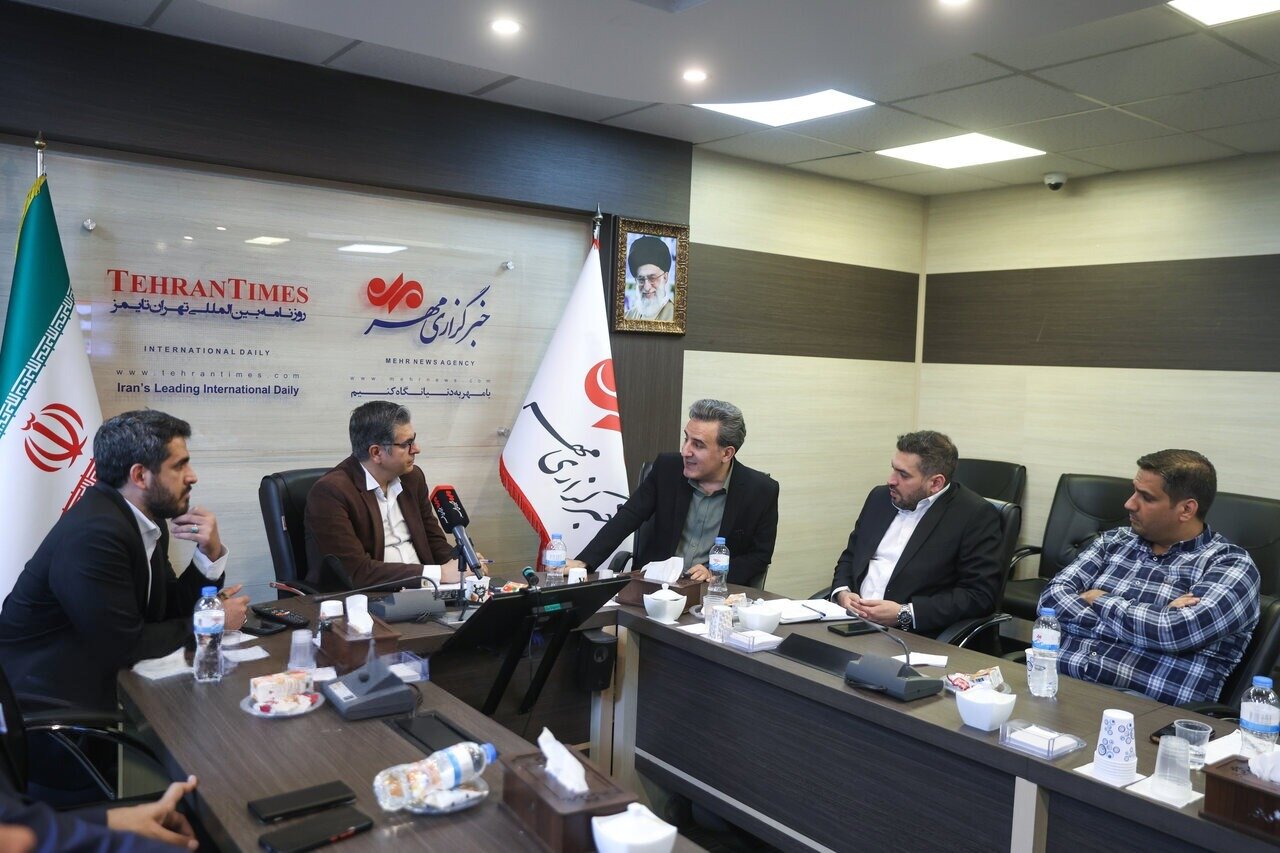Can Iraq navigate November’s vote without succumbing to Washington’s coercion?

TEHRAN – Iraq’s November 11 parliamentary election will be judged less by campaign rhetoric than by the mechanics of participation and the geopolitics that frame them.
At a November 1 roundtable organized by Iran’s Mehr Media Group — publisher of the Tehran Times and Mehr News Agency — analysts Baqer Hakim, Alireza Majidi, and Ardeshir Pashang argued that the vote marks a strategic inflection point: either entrenching a post-2003 order resistant to U.S. pressure or leaving a fractured polity vulnerable to renewed Western and Israeli influence.
The stakes are concrete: the cabinet has set the election for November 11, with all 329 seats in the Council of Representatives up for contest.
Authorities report roughly 21.4 million biometric registrations, but distribution of physical cards remains incomplete — a logistical reality that can depress turnout and amplify claims of elite engineering.
“For months, Iraq has been under the shadow of possible aggression,” Majidi told the roundtable about possible Israeli and American offensive operations. He also noted a crucial distinction with 2014: then the threat was mainly domestic; now it is driven from abroad.
He recalled Foreign Minister Fuad Hussein’s disclosure that he had “received written warnings that Iraq might be attacked,” a sign Majidi says exposes Baghdad to external coercion.
Majidi singled out the Trump administration’s posture and the appointment of special envoy Mark Savaya as emblematic of that pressure.
“Savaya is not a career diplomat — he is a private-sector appointee,” Majidi said, and his arrival has sharpened an “either with us or against us” logic, backed by a readiness to use coercive measures.
The upshot, Majidi warned, is that Washington’s conditional engagement functions as an informal system of electoral sanctions that narrows Iraq’s diplomatic space and elevates the stakes of the November vote.
Hakim warned that the national contest pivots on two Shia poles. “The main contest at the national level is between al-Sudani and al-Maliki,” he said, crediting Prime Minister Mohammed Shia al-Sudani’s skill at co-opting local powerbrokers while noting that resistance-linked groups such as Asa’ib Ahl al-Haqq could play an unpredictable role in shaping the outcome.
His point was blunt: Iraq’s politics are won in provincial alliances and patronage networks as much as on national platforms.
“U.S. policy toward Iraq, in practical terms, has relied on coercion, threats, and pressure,” Hakim said, warning that such pressure narrows Baghdad’s diplomacy and can convert electoral losses into external punishments.
Pashang turned attention to Kurdish dynamics and budget wars that will decide coalition arithmetic.
He emphasized intra-Kurdish rivalries and the influence of familial party machines in shaping bargaining leverage over oil revenues — the very ledger that determines whether a post-vote government can act independently or must bow to external financial pressures.
Two interlocking vulnerabilities stand out. First, biometric logistics and active Sadrist boycott mobilization threaten to produce a low-turnout result whose legitimacy is easily contested.
A parliament formed under such conditions may reinforce the influence of established elites and organized blocs, while also leaving space for questions about the breadth of its popular mandate.
Second, external coercion — public warnings, conditional banking measures, and selective non-recognition of officials tied to the Iraqi resistance groups — has already begun to shape domestic choices.
From the panel’s perspective, U.S. pressure is designed not simply to deter the resistance but to dictate the terms of Iraq’s political alignments — a form of political engineering that critics contend undermines Baghdad’s autonomy and corrodes Iraqi sovereignty.
From a regional strategic perspective, the preferred outcome is a robust Coordination Framework with a sufficient parliamentary presence to shape a cabinet broadly aligned with its priorities.
Such an arrangement would preserve the institutional role of Popular Mobilization actors within the state and safeguard Iraq’s economic linkages from external coercion — all while avoiding direct military escalation.
Achieving that requires navigating contested provinces, completing biometric registration to blunt legitimacy challenges, and resisting transactional pressures from Washington, Ankara, and Doha.
The roundtable concluded on a weighty note: this election is less a routine transfer of power than an institutional stress test — a moment to demonstrate whether Iraq can defend its agency under pressure or will again see its choices narrowed by outside coercion.
Leave a Comment